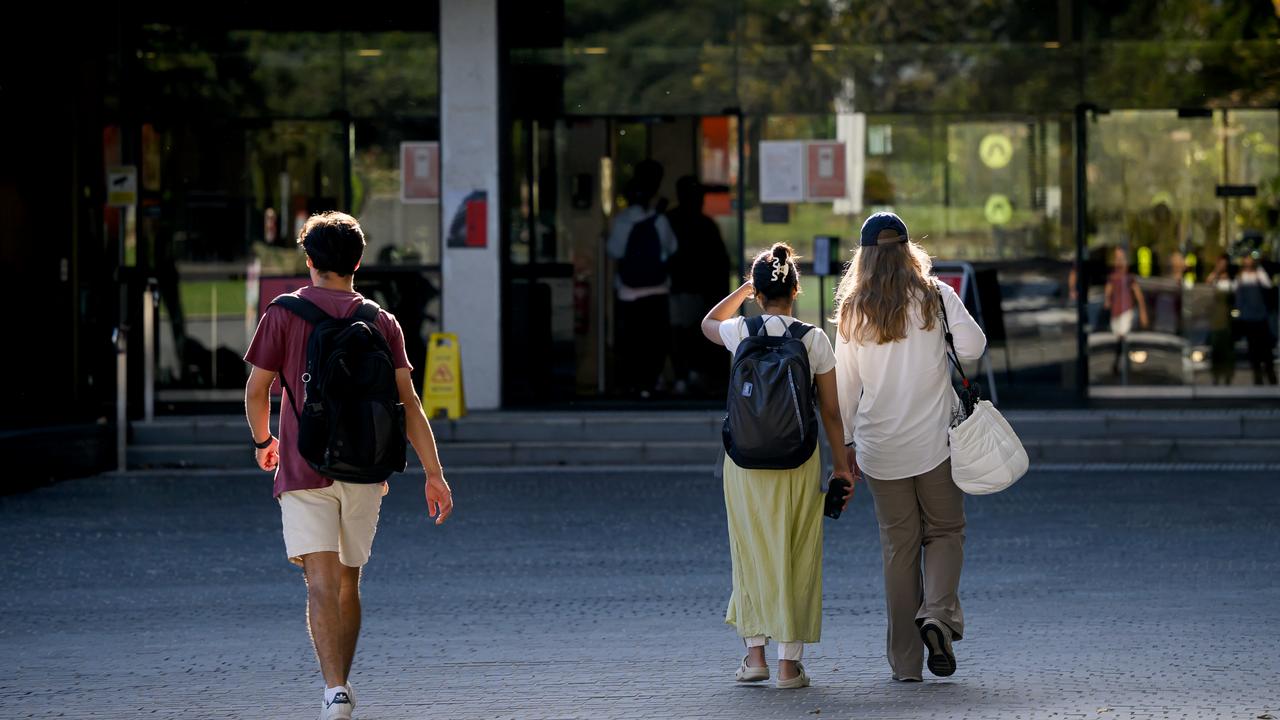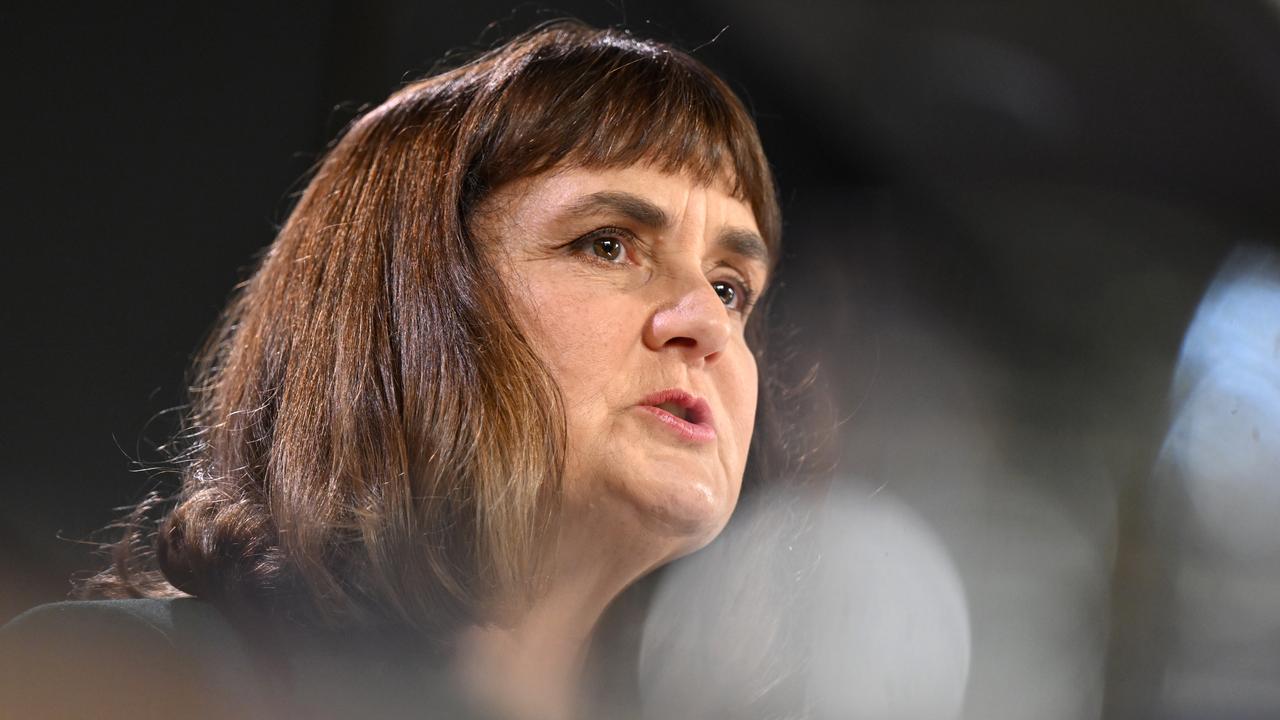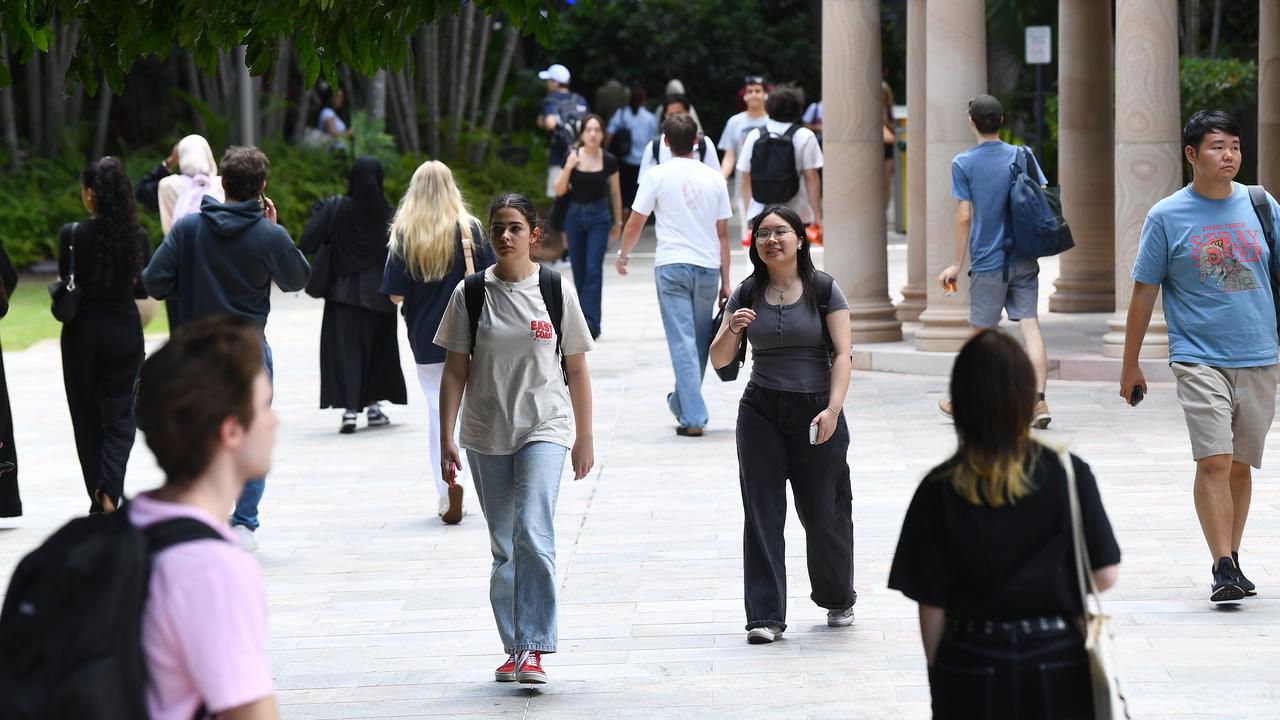
Watchdogs should not jump the gun on launching a major review into how universities tackle gender-based violence, one of Australia's tertiary education bosses says.
The caution was delivered during a speech from Universities Australia chair Carolyn Evans at the National Press Club on Wednesday, where the professor welcomed laws which improve the way institutions respond to violence.
Under the national code, universities and university-owned student accommodation providers will be legally required to report and respond to violence.

"We want our universities to be much safer places than the rest of Australian society is for young women, and for others who experience gender-based violence," Prof Evans said on Wednesday.
Earlier this month, National Student Ombudsman head Sarah Bendall considered launching an investigation after an influx of complaints in the regulator's first six months.
The ombudsman was entitled to take action, but this should be done in consideration of the new legislation, Prof Evans argued on Wednesday.
"It's detailed, it's complex. It will be expensive to implement and maybe we need universities to have some time to do that, and see the results before looking at what's going on," she said.
The National Student Ombudsman opened its doors on February 1 after a damning parliamentary report slammed universities for how they handled sexual violence and harassment complaints.
One in 20 uni students are victims of sexual assault and one in six of sexual harassment, according to one study that found half who complained to their institution believed they weren't listened to or didn't get an appropriate outcome.
Another issue raised by Prof Evans was the "inherently unfair" payment system faced by university students, particularly for those enrolled in the most expensive courses including law, arts and business.
She called for university degrees to be capped at $13,588 per year, eliminating the highest payment tier for tertiary fees.
"It would be a serious down-payment on a fairer funding system for students, helping open the door to university for more Australians," Prof Evans said.
Under current arrangements, students enrolled in courses within the highest band pay $17,000 per year for their studies, and the government chips in $1300 for the total course.
But those who elect to study agriculture or forestry pay $4600 per year, while the commonwealth contributes $32,000 for the length of the degree.

The disparity was forged under the former coalition government's 2021 Job-ready Graduates Package, aimed at aligning tertiary education funding with employment demand.
The changes are unfair, hitting Indigenous students and those from low socio-economic backgrounds the hardest, Prof Evans said.
From the introduction of the package until 2023, enrolments in law and business courses declined by more than 20 per cent for students from lower socio-economic backgrounds.
The initiative would likely cost the government more than $700 million, but Prof Evans argues most of the debt would be repaid.
1800 RESPECT (1800 737 732)
National Sexual Abuse and Redress Support Service 1800 211 028
Lifeline 13 11 14
Men's Referral Service 1300 766 491







